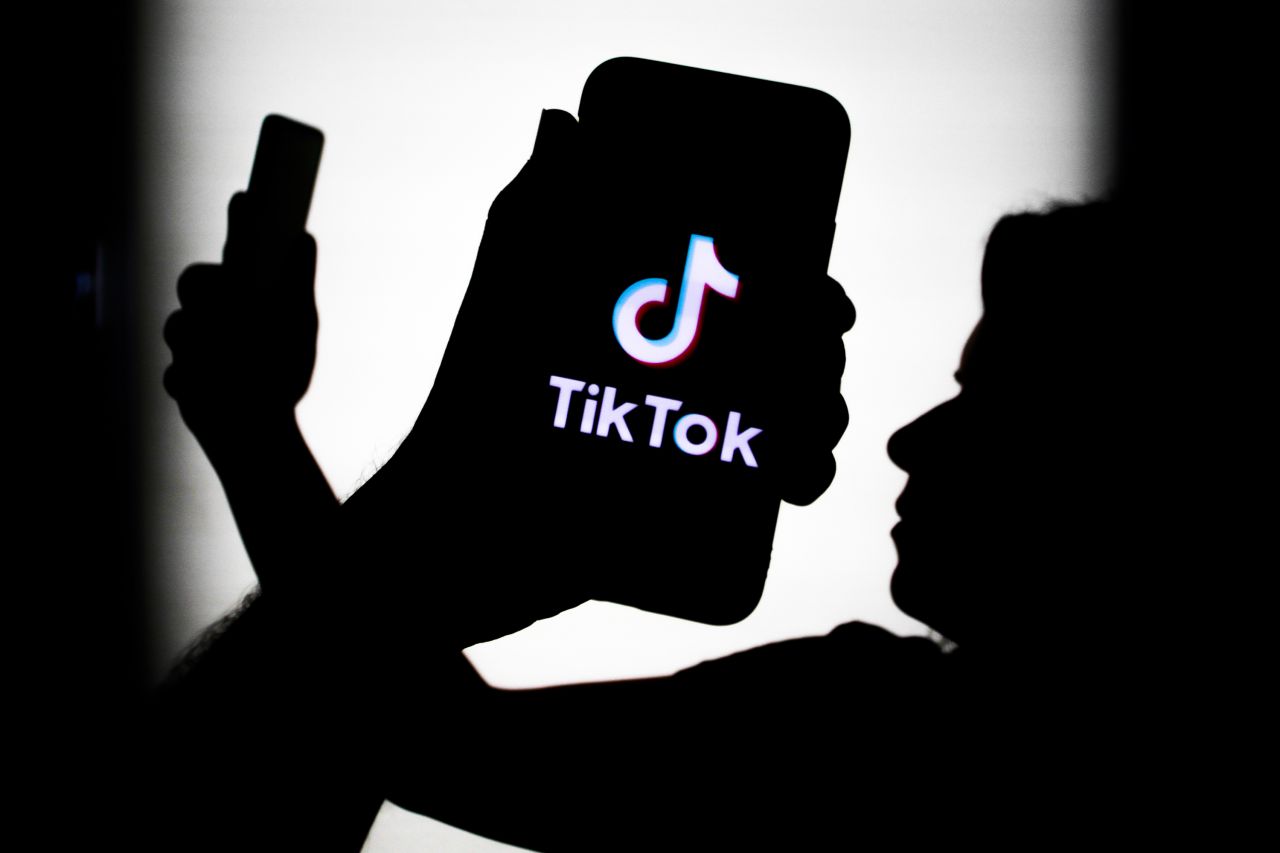
Dr Niels Wouters
Research Fellow, Interaction Design Lab, School of Computing and Information Systems, Melbourne School of Engineering, University of Melbourne; Head, Research and Emerging Practice for Science Gallery Melbourne
See research profile
Sciences & Technology
What if Melbourne was a giant Dungeons and Dragons game?
A prototype application, Biometric DnD, takes D&D character creation to the next level, using AI and your face. But it also highlights the dark side of biased algorithms

Sciences & Technology
If these walls could talk
The Digital Bricks at Science Gallery Melbourne fuse technology and architecture with Australia’s Indigenous culture using the world’s highest resolution interactive display

Sciences & Technology
The danger of surveillance tech post COVID-19
Facial recognition technology is one tool in the fight against COVID-19, but once the pandemic ends, is surveillance tech going to stick around?

Sciences & Technology
The next big scientific thing
As National Science Week celebrates scientific discovery in Australia, we ask what’s likely to be the ‘next big thing’ in some of the most exciting fields of science research?

Politics & Society
Should we work with or turn off AI?
Artificial intelligence is already impacting the way we work – but for the next generation of professionals, human-machine collaboration could be the norm. And now is the time to think about the values we want in that relationship

Health & Medicine
Under the Microscope
Discoveries that blew our minds in 2018: Part One
Our experts tell us about their pick of the best research, discoveries and big thinking from around the world in 2018

Politics & Society
Holding a black mirror up to artificial intelligence
Biometric Mirror is an interactive application that shows how you may be perceived by others. But it’s flawed and teaches us an important lesson about the ethics of AI
